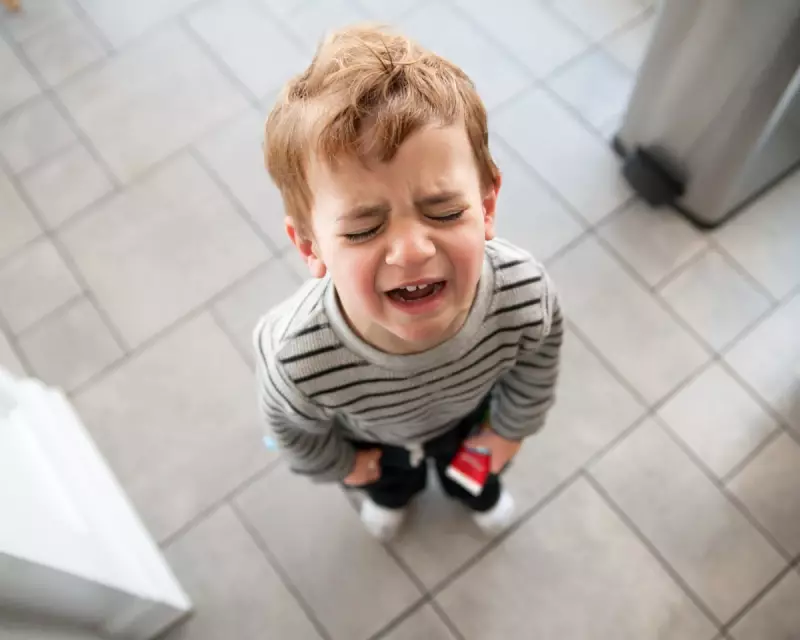
In today's digital landscape, a disturbing trend is emerging where children's most vulnerable emotional moments are being transformed into viral content. Parents across the UK are increasingly sharing footage of their children's tantrums and emotional outbursts, often without considering the long-term consequences for their young ones.
The Viral Exploitation of Childhood Emotions
Social media platforms have become flooded with videos capturing children in states of distress - crying over broken toys, having meltdowns at bedtime, or experiencing overwhelming frustration. These "big feelings" moments, which are developmentally normal for young children, are being packaged as entertainment for mass consumption.
What many parents fail to recognise is that they're participating in a system that monetises childhood vulnerability. Each view, like, and share contributes to an economy that profits from children's emotional pain.
The Psychological Toll on Children
Child development experts are raising serious concerns about this phenomenon. When children's private emotional moments are broadcast to strangers, it can:
- Undermine their sense of privacy and bodily autonomy
- Create feelings of shame about normal emotional experiences
- Damage the trust between parent and child
- Lead to digital footprints that could haunt them in adulthood
Why Parents Participate
The drive to share these moments stems from various factors. Many parents seek validation during challenging parenting moments, while others genuinely don't recognise the harm in sharing what they see as "funny" or "relatable" content. The instant feedback and community connection can be addictive, creating a cycle where more extreme content feels necessary to maintain engagement.
Protecting Our Children's Digital Future
As we navigate this new digital parenting landscape, several crucial steps can help protect children:
- Think before you post: Consider whether your child would want this moment shared when they're older
- Respect their privacy: Treat their emotional moments with the same respect you'd want for your own vulnerable experiences
- Educate yourself: Understand the long-term implications of creating a digital footprint for your child
- Find alternative support: Seek parenting communities that offer support without requiring public sharing of private moments
The conversation around digital parenting needs to evolve beyond privacy settings and screen time limits to include ethical considerations about what we share and who ultimately benefits from our children's most human moments.





